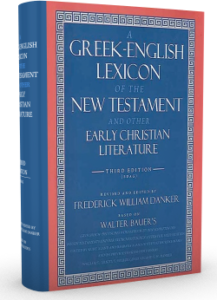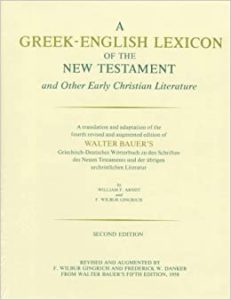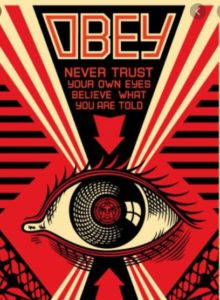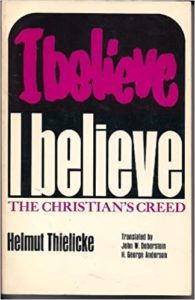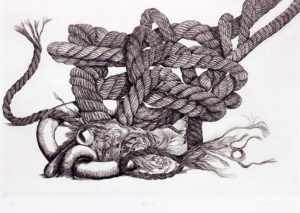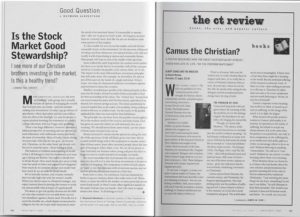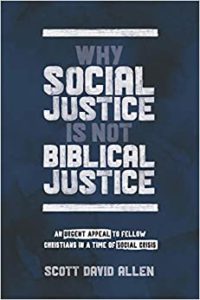
One of the reasons many Christians become defensive in the debate with the LGBT movement is because for too long churches have failed to acknowledge, much less teach and prepare their congregations on how to analyze, understand and challenge the anti-biblical foundations of the movement. When was the last time you heard a preacher addressing LGBT issues over the pulpit? Likewise, many Christians find themselves ill-prepared in confronting the current ideology of social justice that focuses narrowly on an intersectionality of sexual identity(ies) and Critical Race Theory (CRT). /1/ The ideology has become so influential in the USA that it threatens to split apart the Southern Baptist Convention with its 14.5 million members.
The vigorous promotion of this ideology by the Western academia, media and entertainment industry has managed to persuade the younger generation (including younger Christians) to become “Woke,” that is, becoming aware of alleged social discrimination and aligning oneself to social justice warriors. Continue reading “Saints and Social Justice Warriors”
